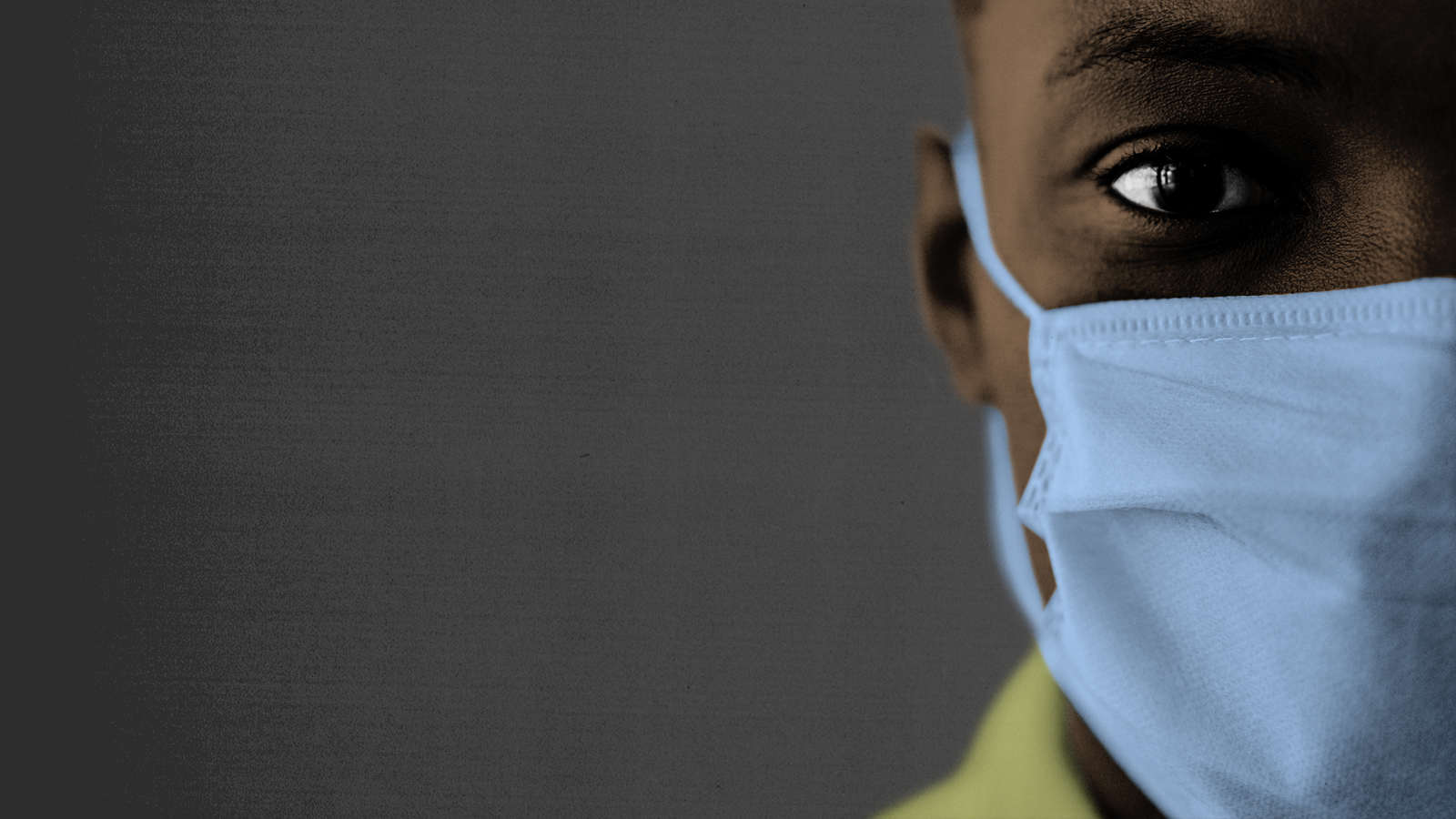In support of the CDC's new mask guidance


A free daily email with the biggest news stories of the day – and the best features from TheWeek.com
You are now subscribed
Your newsletter sign-up was successful
Actually, masking up is good.
With the Delta variant of the COVID-19 virus spreading like wildfire in much of the country, the CDC on Tuesday again revised its guidance on mask-wearing — recommending that everyone, including vaccinated persons, wear masks indoors in high-transmission communities. There was, predictably, an immediate backlash. Missouri's Republican attorney general threatened to sue the mayor of Kansas City for re-imposing an indoor mask mandate in the city. "The federal government cares more about masks than vaccines," Reason's Robby Soave wrote on Twitter.
That's silly. Federal officials have been encouraging and begging and wheedling the public to get vaccinated for months — and doing it in the face of rather vocal opposition from the Fox News crowd. But even if all the holdouts got their first shots today, putting on masks might still be the most effective short-term measure to take against Delta's spread.
The Week
Escape your echo chamber. Get the facts behind the news, plus analysis from multiple perspectives.

Sign up for The Week's Free Newsletters
From our morning news briefing to a weekly Good News Newsletter, get the best of The Week delivered directly to your inbox.
From our morning news briefing to a weekly Good News Newsletter, get the best of The Week delivered directly to your inbox.
Why? Because immunity takes time to develop, while putting on a mask is something you can do right this minute. We already know that a single dose of the Pfizer and AstraZeneca vaccines is less effective against Delta than it has been against the original virus; people aren't considered fully vaccinated until roughly two weeks after they've received their second dose. So even if everything went perfectly with the vaccine campaign from this moment going forward, it would still be more than a month before the newly inoculated would be comfortably protected against the virus.
Meanwhile, we know mask mandates can be effective. The CDC found last year that in my own state of Kansas, COVID cases dropped in the 24 counties that required facial coverings — and rose in the 81 counties that didn't.
Is it fair to force vaccinated people to wear masks again because of the truculence of the unvaxxed? Probably not, though the requirement doesn't seem all that burdensome to me, particularly if it helps alleviate the pressure on our shared medical system. But one of the other benefits of a renewed mandate is that it will help Americans visually identify who is taking the ongoing pandemic seriously and who isn't — who is willing to make a tiny sacrifice for the greater good and who needs to thump their chest about freedom. Call it a vaccine passport for your face.
A free daily email with the biggest news stories of the day – and the best features from TheWeek.com
Joel Mathis is a writer with 30 years of newspaper and online journalism experience. His work also regularly appears in National Geographic and The Kansas City Star. His awards include best online commentary at the Online News Association and (twice) at the City and Regional Magazine Association.
-
 How to Get to Heaven from Belfast: a ‘highly entertaining ride’
How to Get to Heaven from Belfast: a ‘highly entertaining ride’The Week Recommends Mystery-comedy from the creator of Derry Girls should be ‘your new binge-watch’
-
 The 8 best TV shows of the 1960s
The 8 best TV shows of the 1960sThe standout shows of this decade take viewers from outer space to the Wild West
-
 Microdramas are booming
Microdramas are boomingUnder the radar Scroll to watch a whole movie
-
 Big-time money squabbles: the conflict over California’s proposed billionaire tax
Big-time money squabbles: the conflict over California’s proposed billionaire taxTalking Points Californians worth more than $1.1 billion would pay a one-time 5% tax
-
 Did Alex Pretti’s killing open a GOP rift on guns?
Did Alex Pretti’s killing open a GOP rift on guns?Talking Points Second Amendment groups push back on the White House narrative
-
 Washington grapples with ICE’s growing footprint — and future
Washington grapples with ICE’s growing footprint — and futureTALKING POINTS The deadly provocations of federal officers in Minnesota have put ICE back in the national spotlight
-
 Trump’s Greenland ambitions push NATO to the edge
Trump’s Greenland ambitions push NATO to the edgeTalking Points The military alliance is facing its worst-ever crisis
-
 Why is Trump threatening defense firms?
Why is Trump threatening defense firms?Talking Points CEO pay and stock buybacks will be restricted
-
 The billionaires’ wealth tax: a catastrophe for California?
The billionaires’ wealth tax: a catastrophe for California?Talking Point Peter Thiel and Larry Page preparing to change state residency
-
 Trump considers giving Ukraine a security guarantee
Trump considers giving Ukraine a security guaranteeTalking Points Zelenskyy says it is a requirement for peace. Will Putin go along?
-
 Bari Weiss’ ‘60 Minutes’ scandal is about more than one report
Bari Weiss’ ‘60 Minutes’ scandal is about more than one reportIN THE SPOTLIGHT By blocking an approved segment on a controversial prison holding US deportees in El Salvador, the editor-in-chief of CBS News has become the main story
